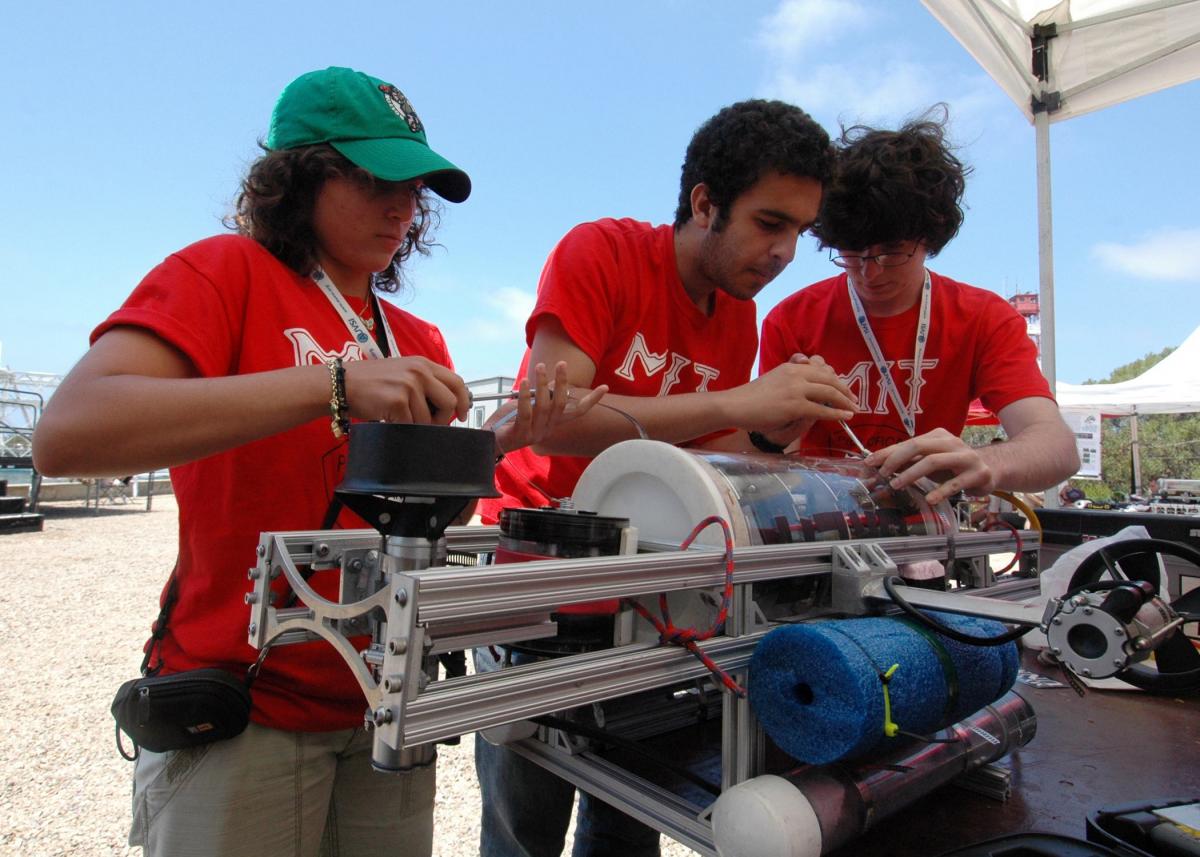
What is it?
Although the word "technology" is usually applied in reference to the newest electronic gadgets of the current day, the word actually covers all development of tools by humans throughout history. The term comes from the Greek word "techne" which refers to art, skill and cunning of hand, and includes aspects of areas such as medicine, transport, construction, and machinery to name but a few; almost everything you see around you in everyday life is a result of technology.
What does it involve?
Technology involves the entire history of humanity's conversion of materials into something else, starting way back in ancient history with the first time a human picked up something to help them complete an activity. Current day technology is a lot more varied and complex, and the creation of new technologies has developed into a reasonably specialist area of expertise.
Why do it and what are the benefits?
Learning about the progression of technology is a great way to understand just how humanity has developed over time; for example, the evolvement of weaponry has dictated what happens in war, and new methods of travel made world exploration easier. A better comprehension of technological developments also helps you to appreciate the objects around you - even something as simple as a table is a result of a technology!
What equipment do we need?
All you should really need to provide for getting engaged with technology is a willingness to learn! However, the incredibly wide variety of things you can do involving technology means there are many possible activites - make sure to check with the venue you'll be visiting to see if you need to provide any equipment.
Who is it suitable for?
Technology is suitable for pretty much everyone - there will be aspects of the genre to suit students of all ages and interests.
Costs?
Experiencing technology can vary from being completely free access to a public museum to a more costly visit to a track to learn about and drive go-karts - what you decide to do will depend on your budget and the age/interests of your students!
Issues/Things to think about? (unsuitable for age groups, medical conditions etc)
You must consider the interests of your group carefully; for example, development of nuclear weapons may not be the most engaging subject for young children!
How do we include?
Including everyone in a technological experience should be reasonably easy, as most venues that will host such events should have great disabled access and assistance - however, always doublecheck if you are uncertain!
Doing it abroad?
Many famous technological developments took place abroad, and their cities of origin will often have some great museums dedicated to educating people about it. Have a look before travelling to see if there are any such places you can visit at your chosen destination!
Main website:
Individual venue websites will provide the best and most detailed information about whats available.




